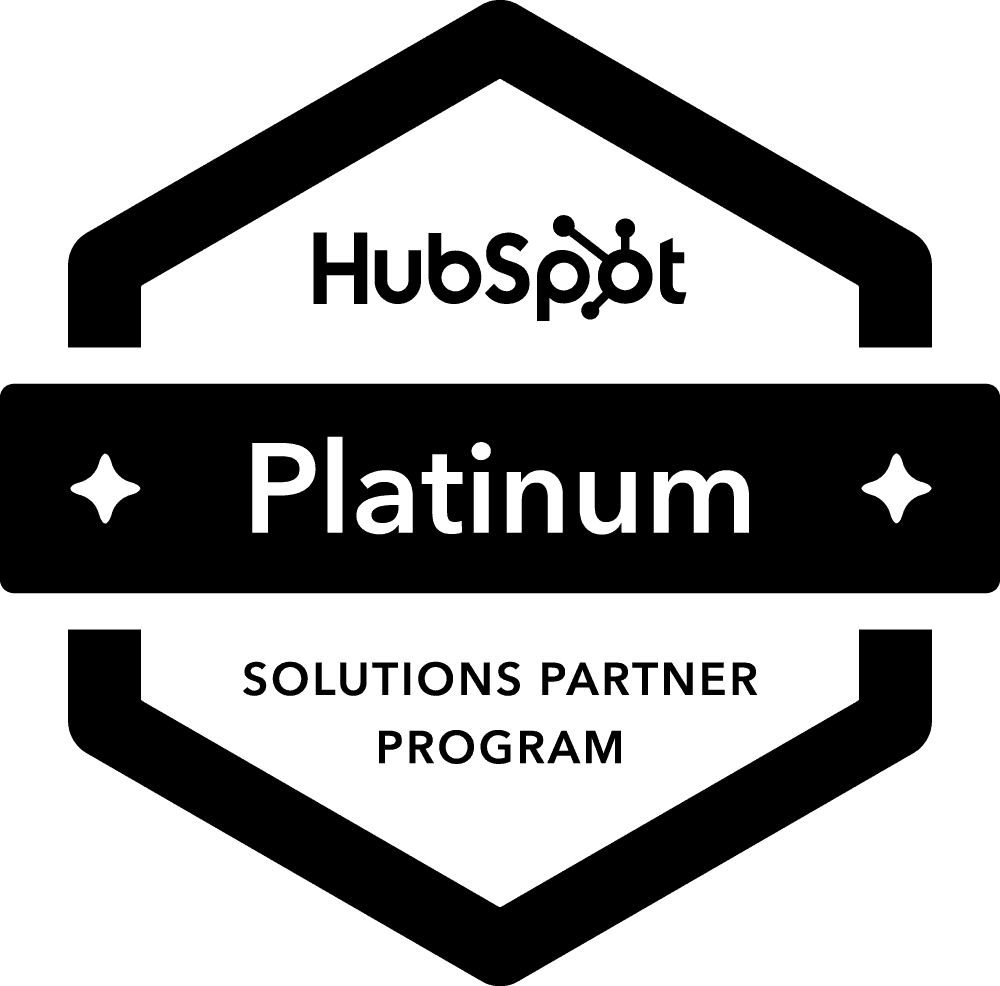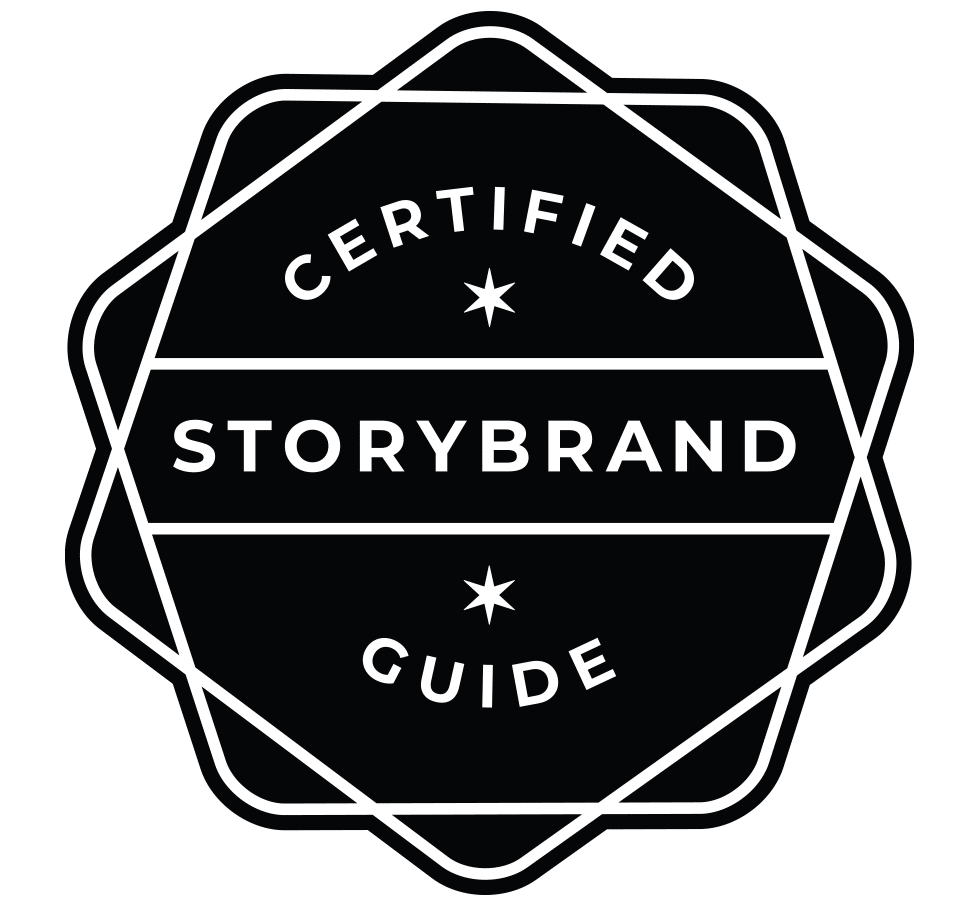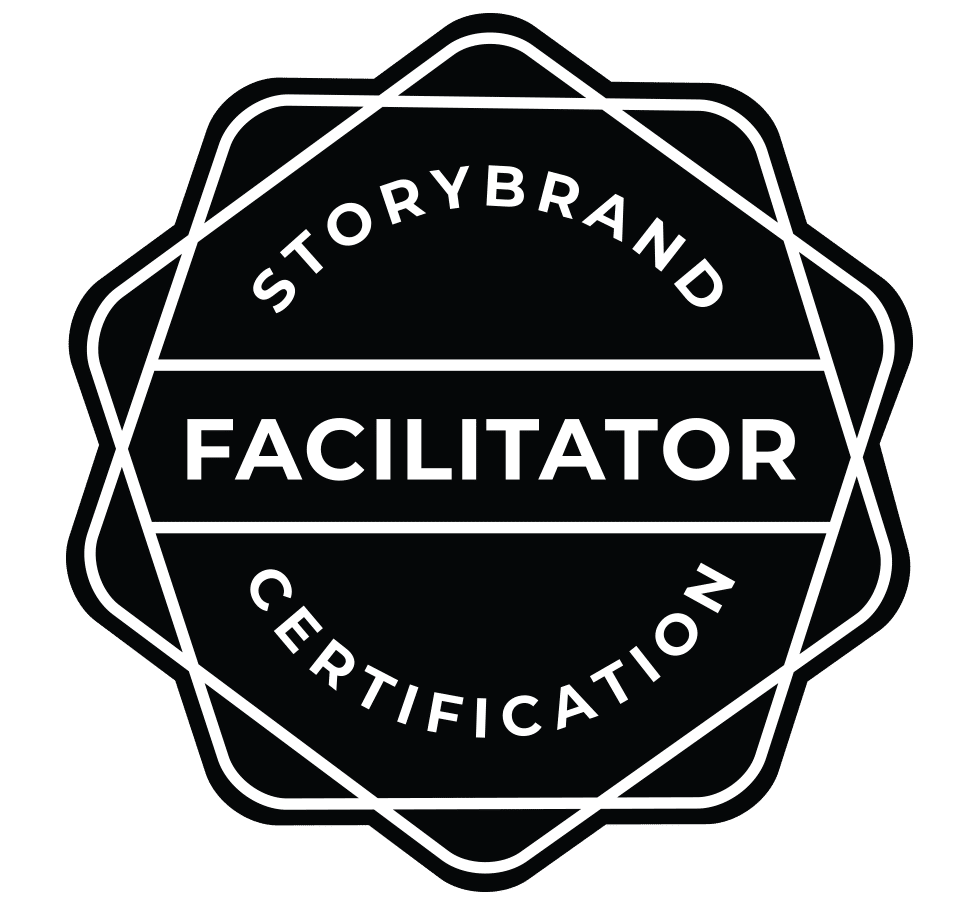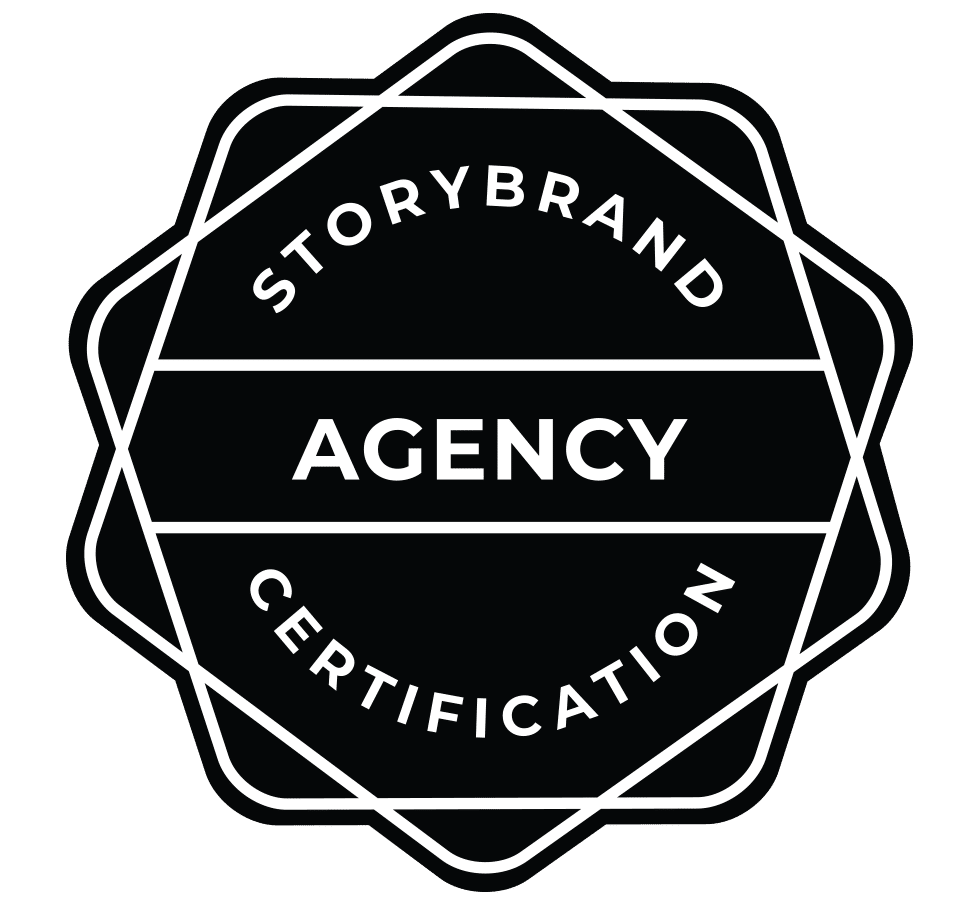The biggest challenge to online marketers these days almost sounds like a philosophical riddle: You can’t really find customers over the Internet without a strong search engine optimization profile, but that’s getting harder to build – especially if you want landing pages that convert at a profitable rate.
You’re hurting if you emphasize SEO, and you’re hurting if you don’t.
The solution that most business owners follow is to keep adding keywords and links as quickly as possible. That’s been good advice for quite a while, but the latest Google Penguin update has made below-quality links next to useless, and added more penalties for sites that are too repetitive.
So, it’s getting harder to improve your search engine rankings quickly. And even if it weren’t, Google’s automated spiders are notoriously cheap; we have yet to hear of them buying any product or service anywhere.
Since more traffic and a better search-optimized business website don’t necessarily lead to higher profits, how do you draw the line and maximize the return on investment from your search engine optimization campaign? There isn’t a perfect answer, but here are a few tips to get you started:
Employ more advanced analytics. We are finding more and more that “long tail” keywords tend to be the most profitable, and are less likely to be ignored by Google and the other engines. Find out which keywords and phrases are bringing you real customers, not just traffic, and focus your attention appropriately.
Split-test your landing pages. While split-testing isn’t a search engine optimization tactic, per se, it does help you maximize the revenue you get from any form of traffic to your website. The better you know your buyers, and what they respond to, the higher ROI you’ll get from any SEO effort.
Speed things up with paid ads. The longer time frame needed to execute a search engine optimization campaign in a competitive market means you should do as much research as possible beforehand. Trying out pay-per-click ads is a great way to experiment with different keywords that might be good organic targets later.
You have to have visitors before your business website can be profitable, but you also want your site to be written and designed in a way that appeals to buyers more than search engines. Follow these three pieces of advice, and you’ll have a good starting point for getting the best of both worlds.








